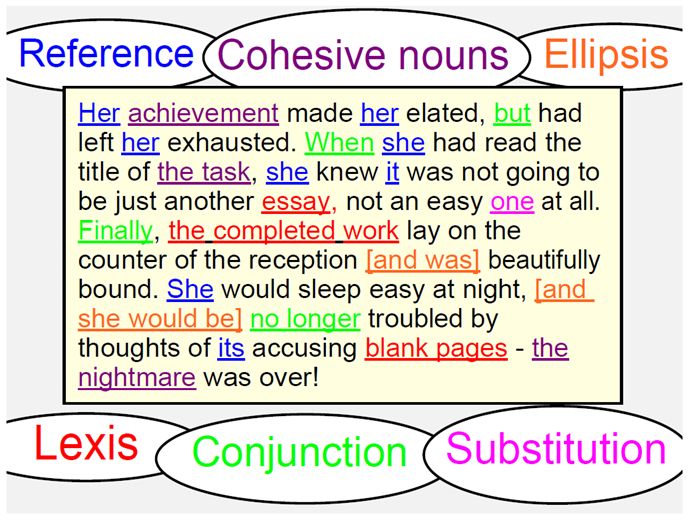


However, the estimated prevalence of Post-Traumatic Stress Disorder (PTSD) is suggested to be much lower, about 8%, as reported in the National Comorbidity Survey ( Kessler et al., 1995). Up to 69% of individuals in the general population report having been exposed to a traumatic event over the course of their life ( Resnick et al., 1993). Clinical and social implications of the present findings are discussed, and future research recommendations on the relations between narrative coherence, social support, and trauma resilience are addressed. This may suggest that the ability to remain calm in difficult situations does relate to the ability to cope adaptively with future difficult experiences.

Remarkably, lower cortisol levels at baseline and after writing about the turning point memory predicted higher coherence in the trauma narratives. Multiple explanations as to why our support manipulation remained ineffective are suggested. Contrary to our hypotheses, social support did not have the intended beneficial effects on coherence, neither on well-being. Furthermore, coherence at baseline could not buffer against the impact of trauma on anxiety levels in this study. Possibly, particular types of thematic coherence are a non-adaptive form of coping, which reflect unfinished attempts at meaning-making and are more similar to continuous rumination than to arriving at a resolution. However, contrary to our predictions, coherence, and, in particular, thematic coherence, related positively to anxiety levels. Results showed that narratives of traumatic experiences were less coherent than narratives of turning point memories. Moment-to-moment fluctuations in psychological and physiological well-being throughout the experiment were investigated with state anxiety questionnaires and cortisol measures. Afterwards, all participants wrote a narrative on the traumatic event. Following, half of the participants received social support, whereas the other half did not.

Participants were asked to write about a turning point memory, after which they did the Maastricht Acute Stress Test, our lab analog of a traumatic event. In this experimental study, we examined narrative coherence and social support in relation to trauma resilience. In order to explain trauma resilience, previous research has been investigating possible risk and protective factors, both on an individual and a contextual level.
#Contextual coherence meaning full
Recent Examples on the Web The full context of the conversation is unknown, but the participants, who are in the labor community appear to be messaging about general union issues and strategy.


 0 kommentar(er)
0 kommentar(er)
